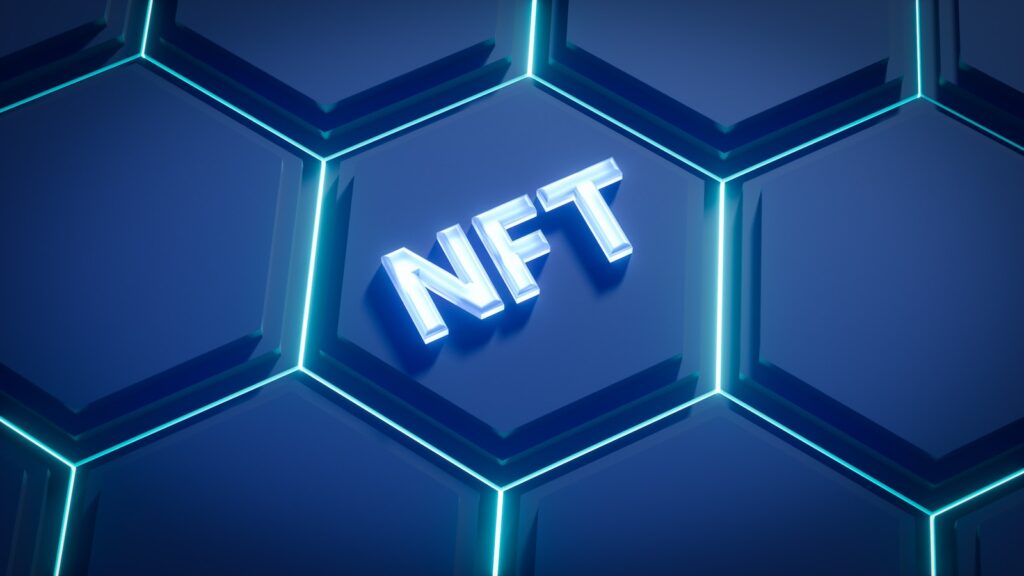Decentralized cloud storage: A deeper dive
Decentralized cloud storage is a new type of cloud storage that distributes data across multiple computers, or nodes, on a peer-to-peer (P2P) network. This is in contrast to centralized cloud storage, where data is stored on a central server controlled by a single company.
How does decentralized cloud storage work?
When you upload a file to a decentralized cloud storage network, the file is broken down into small pieces and encrypted. These pieces are then distributed across multiple nodes on the network. When you need to access the file, you download the pieces from the nodes and reassemble them.
Decentralized cloud storage networks typically use blockchain technology to track the location of data and ensure that it is not tampered with. Blockchain is a decentralized ledger that is very secure and tamper-proof.

Advantages of decentralized cloud storage
Decentralized cloud storage offers a number of advantages over centralized cloud storage, including:
- Increased security: Because data is distributed across multiple nodes, it is much more difficult for hackers to access or delete.
- Greater privacy: Users have complete control over their data, and no single entity has access to it.
- Reduced costs: Decentralized cloud storage is often much cheaper than centralized cloud storage, because users are paying for storage space that is already available on other people’s computers.
- Improved reliability: Decentralized cloud storage is more reliable than centralized cloud storage because there is no single point of failure. If one node goes down, the others can still access the data.
- Transparency: Decentralized cloud storage networks are typically transparent and open source, meaning that anyone can inspect the code and see how the network works. This helps to build trust and confidence in the network.
Disadvantages of decentralized cloud storage
Decentralized cloud storage also has some disadvantages, including:
- Complexity: Decentralized cloud storage networks can be more complex to use than centralized cloud storage networks. This is because users need to understand how the network works and how to manage their own data.
- Performance: Decentralized cloud storage networks can be slower than centralized cloud storage networks, because data needs to be transferred between multiple nodes.
- Scalability: Decentralized cloud storage networks are still under development, and it is not yet clear how well they will scale to meet the needs of large businesses and organizations.
Who is using decentralized cloud storage?
Decentralized cloud storage is still a relatively new technology, but it is becoming increasingly popular with businesses and individuals alike. Some of the most popular decentralized cloud storage networks include:
- InterPlanetary File System (IPFS)
- Filecoin
- Siacoin
- Storj
- Arweave
- Deupload
These networks are being used to store a wide variety of data, including websites, applications, and personal files.

The future of decentralized cloud storage
Decentralized cloud storage is still in its early stages of development, but it has the potential to revolutionize the way we store data. It offers a number of advantages over centralized cloud storage, including increased security, greater privacy, reduced costs, and improved reliability.
As decentralized cloud storage technology continues to develop and mature, it is expected to become increasingly popular with businesses and individuals alike.
Here are some specific examples of how decentralized cloud storage is being used today:
- IPFS is being used to store the Wikipedia blockchain, which is a tamper-proof record of all changes to Wikipedia.
- Filecoin is being used to store and distribute decentralized applications (DApps).
- Siacoin is being used to store and share large files, such as movies and video games.
- Storj is being used to store data for businesses and organizations.
- Arweave is being used to store permanent data, such as historical records and government documents.
- Deupload is being used to team collaboration
Conclusion
Decentralized cloud storage is a new and exciting technology with the potential to revolutionize the way we store data. It offers a number of advantages over centralized cloud storage, including increased security, greater privacy, reduced costs, and improved reliability.
As decentralized cloud storage technology continues to develop and mature, it is expected to become increasingly popular with businesses and individuals alike.


